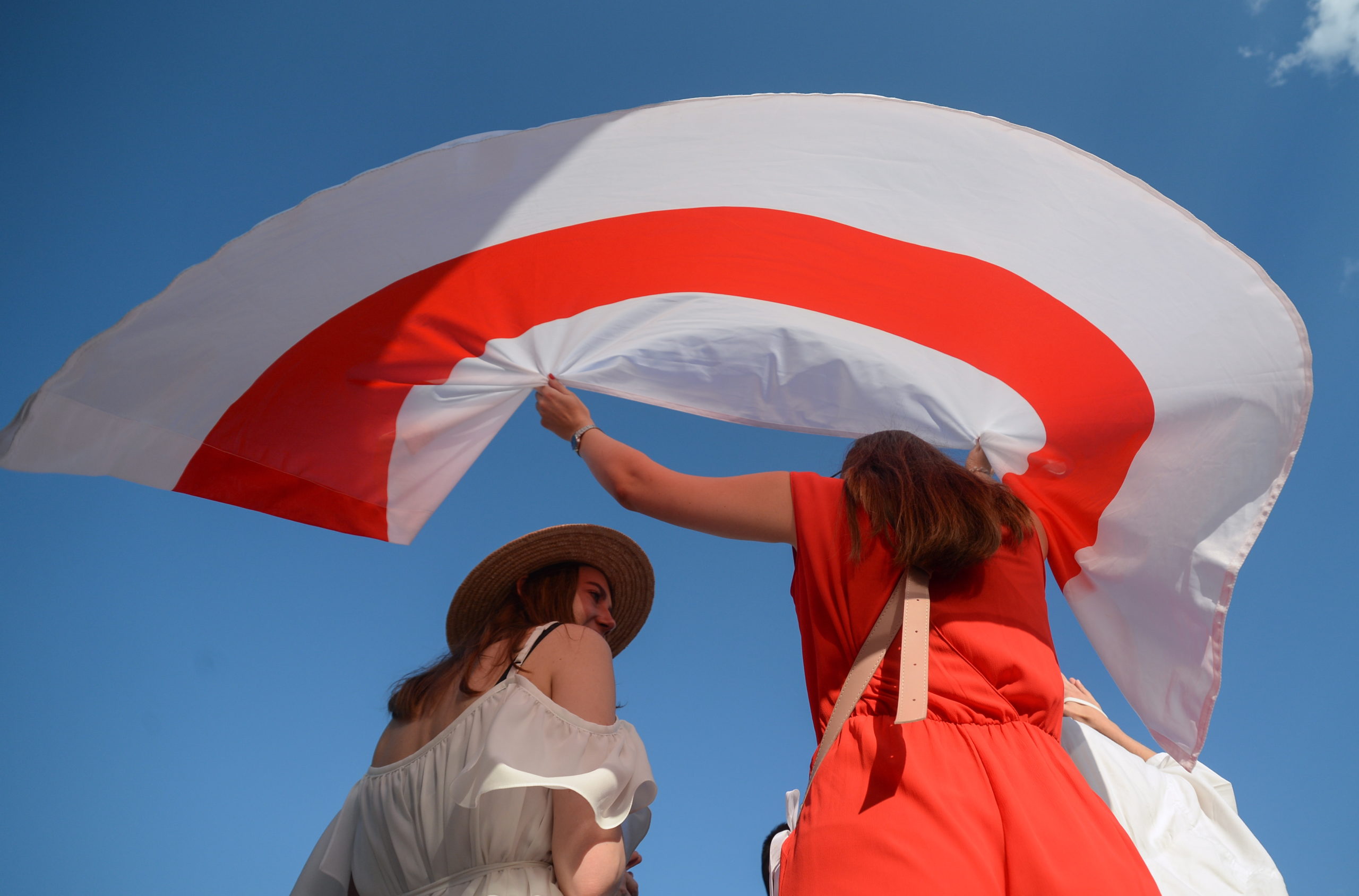With Belarus rapidly moving towards a post-Lukashenko era, the EU has no credible option but to support Belarusians’ bottom-up demands for democracy. This has geopolitical implications that the EU needs to be prepared to address. Russia is determined to maintain control over Belarus and likely to perceive the EU’s engagement as undesirable if not threatening.
The awakening of Belarusian civil society is surprising and impressive. Since the blatantly falsified presidential elections of 9 August, hundreds of thousands of Belarusians have peacefully taken to the streets, demanding free elections and braving police brutality. The EU has stated that it does not accept the falsified election outcome and started to prepare sanctions against “those responsible for violence, repression and the falsification of election results”. It is also mobilizing support to Belarusian civil society and is ready to facilitate a negotiated way forward.
The EU is using the instruments that it has and responding by and large the way it has to, if values such as democracy and human rights are to have any place in its foreign policy. However, it needs to respond more seriously to the geopolitical implications of the Belarusian revolution.
The EU’s ability to influence the outcome is limited. As with any democratization process, domestic factors play the decisive role. Furthermore, the most influential external actor in Belarus is Russia, not the EU. And Russia’s view on the events in Belarus, and on the EU’s activity there, is bound to be different from the European one.
Two questions are probably critical from Moscow’s point of view: first, how to keep Belarus in Russia’s sphere of influence, and second, whether mass protests in Belarus, especially if they succeed in achieving change of power, might pose a threat to the regime in Russia itself.
Regarding the first, it is noteworthy that the protests are not anti-Russian and do not demand a foreign policy turn. This should make Moscow wary about intervening with a heavy hand, either to support Lukahsenko or to impose another solution. A military intervention would certainly transform public attitudes towards Russia. At the same time, the EU is not interested in drawing Belarus away from or turning it against Russia. All of this suggests it might be possible to reach a peaceful solution and avoid escalation of tensions between Russia and the EU over Belarus.
However, coming to the second question, the calls of Belarusian civil society for democracy and independence, and the EU’s support for these calls, are certainly unwelcome if not threatening from Russia’s point of view. The Kremlin tends to be paranoid about Western attempts to encroach upon its sphere of influence. Furthermore, it usually views any external support to democracy and civil society in Russia or its ‘allies’ as an act of hostile interference. Moscow is unlikely to accept the EU as an impartial facilitator between the Belarusian authorities, opposition and civil society, as the EU has proposed.
The EU should be prepared to defend the independence and right to self-determination of Belarus against Russia’s attempts to impose control. It should be made very clear to Moscow that an intervention would have grave consequences for the future relationship. The Russian leadership knows (in spite of some claims to the contrary) that the EU or NATO are not going to intervene militarily in Belarus, as they never intended to do in Ukraine. It might not care too much about the prospect of tightening EU sanctions. However, the overall relationship with Europe does matter to Russia.
It should also be made clear by the EU and its member states that they will not contemplate talks about spheres of influence, in the spirit of Yalta, be it with regard to Belarus or more broadly. The principles of European security order, including the right of each country to choose its orientation, need to be respected in Belarus, Ukraine and any other European country, and violations of these principles must have consequences. The future of Belarus should be for the Belarusians to decide. Their fate has become a critical issue for European security and the future of EU-Russia relations.


